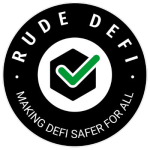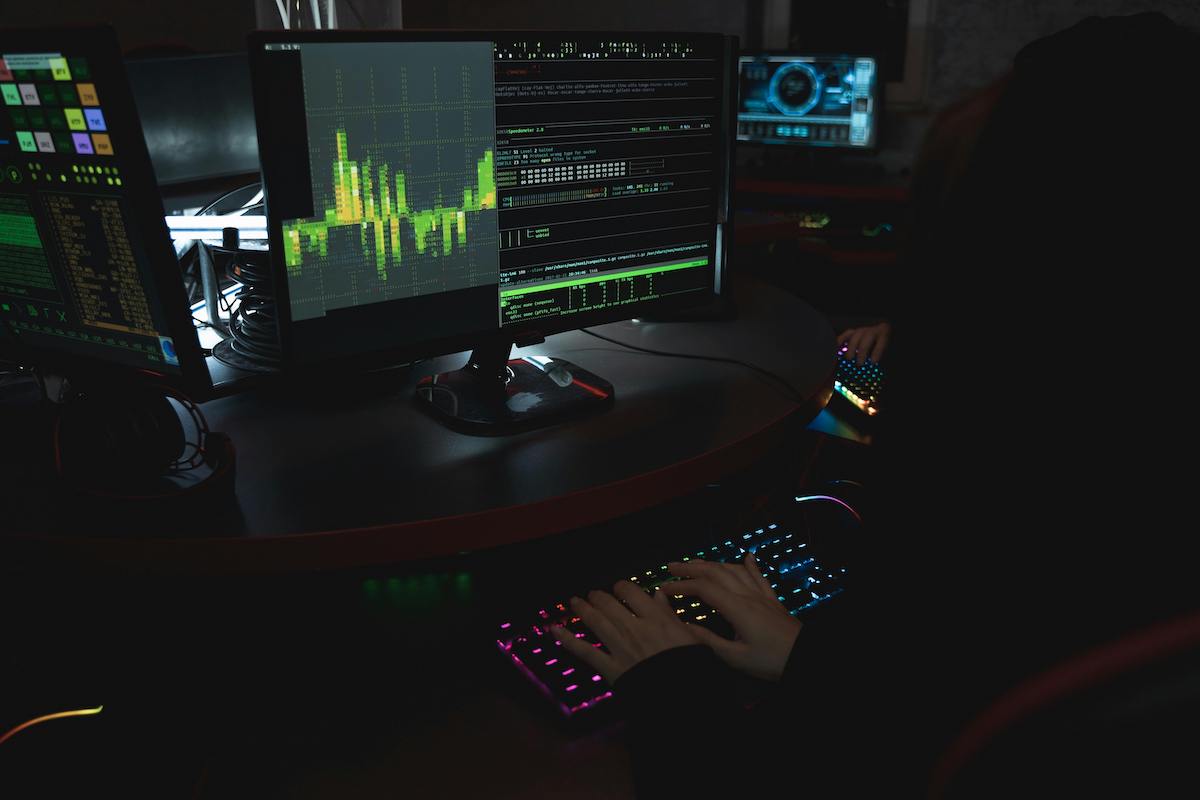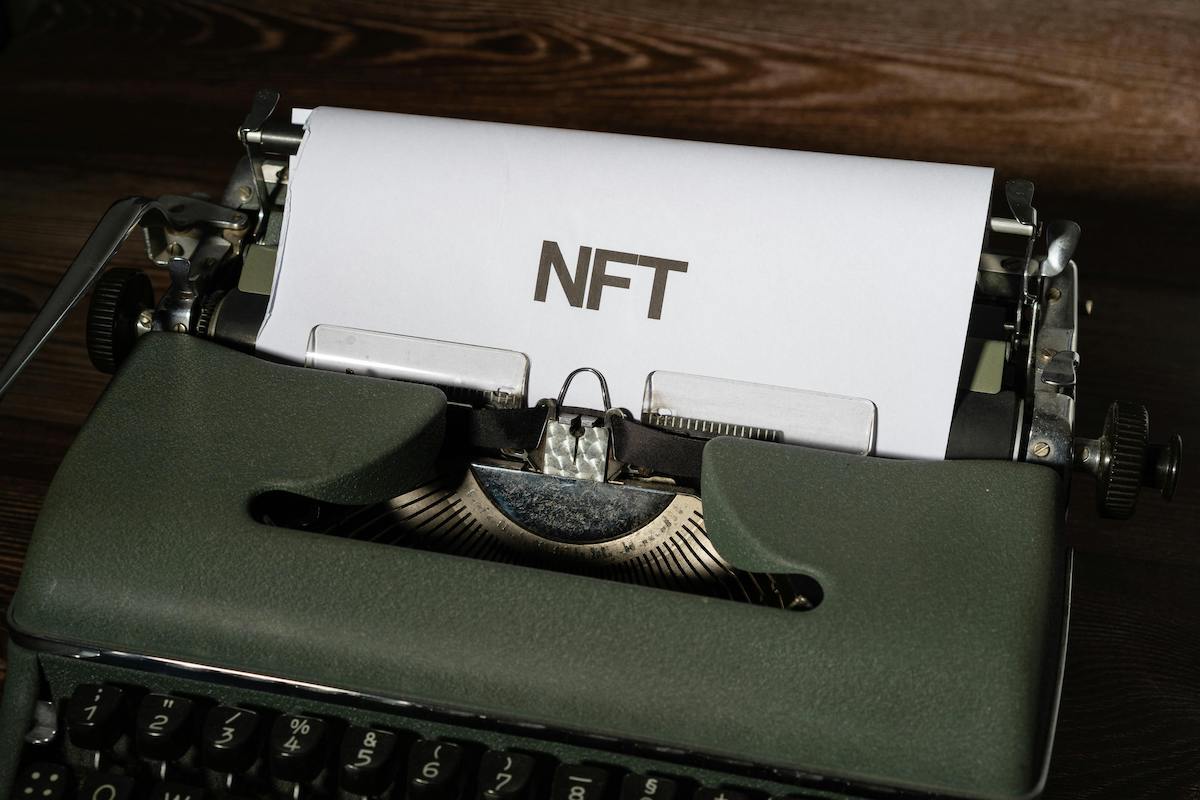Introduction to Decentralized Exchanges
Decentralized exchanges (DEXs) have gained significant popularity in the world of cryptocurrency trading as an alternative to traditional centralized exchanges. These platforms allow users to trade digital assets directly with one another without the need for a trusted intermediary. In this beginner’s guide to decentralized exchanges, we will explore how DEXs work, their benefits and challenges, popular platforms in the space, and essential tips for safely navigating this decentralized trading landscape.
Introduction to Decentralized Exchanges
So, you’ve heard about this fancy thing called decentralized exchanges, huh? Well, buckle up because we’re about to break it down for you in a way that won’t make your brain hurt.
Definition of Decentralized Exchanges
Decentralized exchanges (DEXs) are like the rebellious teenagers of the trading world – they operate without a central authority or intermediary. In simpler terms, they cut out the middleman and let you trade directly with other users. Say goodbye to the man in the middle!
Contrast with Centralized Exchanges
Now, centralized exchanges are like your traditional brick-and-mortar banks – they oversee transactions and hold your hand while you trade. DEXs, on the other hand, give you the freedom to be your own boss. No need to bend the knee to a central authority here!
How Decentralized Exchanges Work
Alright, let’s get into the nitty-gritty of how these bad boys actually function.
Smart Contracts and Blockchain Technology
DEXs rely on smart contracts – lines of code that automatically execute transactions when certain conditions are met. Think of them as the cool, tech-savvy friend who ensures everything goes down as planned. Plus, blockchain technology keeps everything transparent and secure. No shady business here!
Order Matching and Execution
When you place an order on a DEX, it’s like sending out a virtual message in a bottle. The DEX takes that message, matches it with a suitable counterpart, and voila! Your trade is executed directly between the two parties. It’s like a high-speed trading dance, but without the stuffy suits and ties.
Benefits of Using Decentralized Exchanges
Why should you hop on the DEX bandwagon, you ask? Well, let us enlighten you.
Enhanced Security and Privacy
With DEXs, your assets are in your control at all times. No need to worry about some faceless corporation snooping around your personal info. Your privacy is as secure as a squirrel hoarding nuts for winter.
Reduced Counterparty Risk
Since you’re trading directly with other users on a DEX, there’s no central entity to run off with your money. It’s like lending your buddy a tenner and knowing they’ll pay you back – trust is key, my friend.
Risks and Challenges of Decentralized Exchanges
But hey, it’s not all rainbows and unicorns in the land of DEXs. Here are a few things to keep in mind.
Lack of Regulatory Oversight
Unlike centralized exchanges, DEXs operate in a bit of a wild west scenario. This means there’s less protection and regulation in place, so you gotta keep your wits about you. It’s like riding a bike without training wheels – exhilarating, but a tad risky.
Lower Liquidity and Slower Execution
Since DEXs rely on peer-to-peer trading, the pool of available assets can be smaller compared to centralized exchanges. This could mean slower trade execution and potentially less favorable prices. It’s like trying to find a parking spot in a crowded city – it might take some time, but it’s worth the wait.
Popular Decentralized Exchange Platforms
Overview of Uniswap
If you’ve dipped a toe into the world of decentralized exchanges, you’ve likely heard of Uniswap. Known for its user-friendly interface and liquidity pools, Uniswap is a go-to platform for swapping various tokens without the need for a central authority. With an emphasis on accessibility and decentralization, Uniswap has become a staple in the DeFi space.
Introduction to SushiSwap
SushiSwap made a splash in the DeFi world by providing an innovative twist on the automated market maker (AMM) model pioneered by Uniswap. By offering enticing incentives and community-driven governance, SushiSwap has carved out its own niche in the decentralized exchange landscape. SushiSwap aims to empower users to participate in governance decisions and earn rewards through staking and yield farming.
Getting Started with Decentralized Exchanges
Setting Up a Wallet
Before you can dive into the world of decentralized exchanges, you’ll need a secure wallet to store your digital assets. Popular options include MetaMask and Trust Wallet, which allow you to interact with decentralized applications and manage your funds securely. Setting up a wallet is the first step towards gaining access to the decentralized finance ecosystem.
Making Your First Trade
Once you have your wallet set up, you’re ready to make your first trade on a decentralized exchange. Simply connect your wallet to the exchange platform of your choice, select the tokens you want to trade, and confirm the transaction. Decentralized exchanges offer a seamless trading experience, allowing you to swap tokens directly from your wallet without relying on intermediaries.
Tips for Safely Trading on Decentralized Exchanges
Protecting Your Private Keys
Your private keys are the keys to your digital kingdom. Keep them safe and secure by storing them offline and refraining from sharing them with anyone. Treat your private keys like your most prized possession to safeguard your assets from unauthorized access.
Verifying Contract Addresses
Before interacting with any smart contracts on a decentralized exchange, always double-check the contract addresses to ensure they are legitimate. Scammers may try to trick unsuspecting users with fake contract addresses, leading to potential loss of funds. Stay vigilant and verify the authenticity of contract addresses to protect yourself from fraudulent activities.
In conclusion, decentralized exchanges offer a decentralized and secure way to trade digital assets, providing users with greater control over their funds and privacy. While there are risks and challenges associated with DEXs, understanding how they work and following best practices can help mitigate these concerns. Whether you are a novice or experienced trader, exploring decentralized exchanges can open up new opportunities in the world of cryptocurrency trading. Embracing this technology can empower individuals to participate in a more decentralized financial ecosystem.







